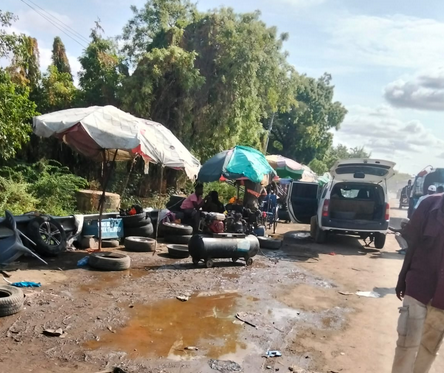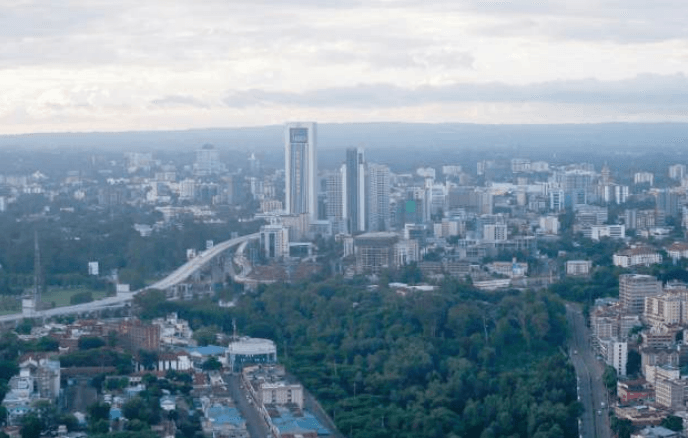

For years, the iconic acacia trees lining Garissa’s Kismayu road have offered shade to motorists, pedestrians and small-scale mechanics who found refuge beneath their canopies.
But what began
as a convenient workspace has slowly turned into an environmental hazard—one
that now threatens the very trees providing that comfort.
This week, the Garissa municipality issued a one-week eviction notice to all mechanics and tyre repair operators working under the acacias, directing them to relocate to rented premises.
The
decision, officials say, is part of a broader plan to protect the environment
and restore the town’s beauty.
Municipality CEO Mohamed Osman confirmed the move, saying it was prompted by growing concern over oil spills, littering and other pollutants harming the fragile ecosystem.
“We have given all those carrying out mechanical activities under the acacia trees one week to vacate. This is part of our broader plan to protect the environment and promote responsible business practices,” he said.
Osman said the open-air garages
had led to improper disposal of used tyres and waste oil, contaminating the
soil and endangering the trees that give Garissa’s main roads their distinct
character.
“These unauthorised activities have caused significant environmental degradation. They threaten the health of our ecosystem and the beauty of our town,” he said.
Beyond the environmental damage, the municipality says the clutter of roadside workshops has endangered pedestrians and obstructed urban beautification projects.
Those who ignore the directive
now face enforcement under local bylaws and environmental regulations.
Garissa county director for environment Mulki Mohamed warned the situation had already taken a toll on the environment.
Several trees, she said, have dried up as a result of the pollution.
“All we are calling for is maximum cooperation from stakeholders. We need to restore the natural integrity of our treasured acacia corridor. The mechanics must adhere to the directives given,” Mulki urged.
Residents have largely backed the municipality’s move. Many say the once vibrant, green corridor—once a symbol of resilience—has been slowly fading under the weight of oil stains and exhaust fumes.
Dubat Amey, a respected community elder, said the trees hold ecological and cultural significance.
“These acacia trees have served us for decades. They provide pods, shade and even medicine. Allowing them to die because of oil and waste is unacceptable. Authorities must act fast to save them,” he said.
Youth leader Nasteh Farah said the loss of the acacias would be irreversible.
“The oil and waste poured on the ground are killing the trees. These are indigenous species—once they die, we can’t easily replace them,” he said.
As the deadline approaches, the acacia corridor stands as a symbol and a test—of Garissa’s ability to balance growth with preservation. Whether the town’s beloved trees survive may depend on how well the community embraces a cleaner, greener way forward.











